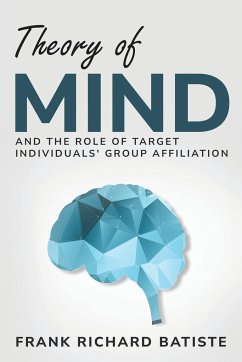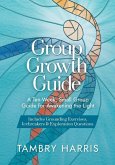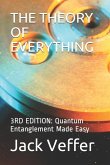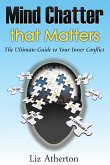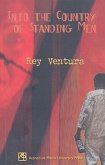Theory of Mind (ToM) is the ability to interpret the behavior of others in terms of underlying mental states such as beliefs, wants, desires (Premack and Woodruff, 1978). The simulation theory of ToM claims that an individual replicates, or mirrors, the assumed mental states of a target individual and processes them using his/her own. mental architecture--the same architecture that is used to make decisions based on one's own beliefs, desires, or thoughts. Thus, ToM may be considered as a form of empathy, a process where the perception of a target's state generates a state in the observer that is more applicable to the target's situation than to the subject's own prior situation (Preston and de Waal, 2002). The experience of emotional empathy is influenced by coalitional cues such as familiarity (Liew, Han, and Aziz-Zadeh, 2011), similarity (Xu, Zuo, Wang, and Han, 2009), and shared group membership (Avenanti, Sirigu, and Aglioti, 2010), as well as immediate situational cues such as the color of a target's tee shirt (Kurzban, Tooby, and Cosmides, 2001), or simply referring to a counterpart in a task as a partner or opponent (Burnham, McCabe, and Smith, 2000).

